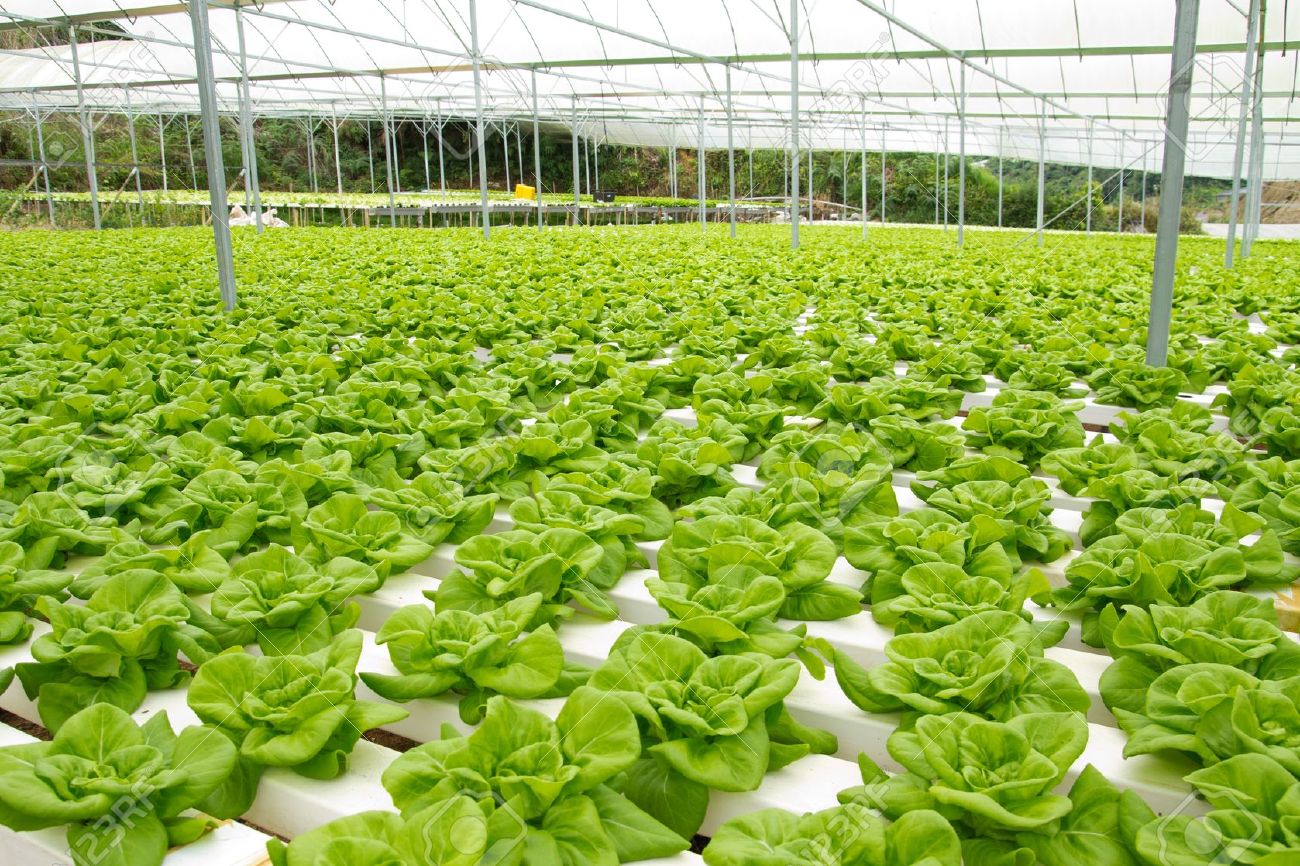
Hydroponic Gardening
Hydroponic gardening is a method of growing plants without soil. It involves providing plants with a nutrient-rich water solution that is delivered directly to their roots. The plants are typically grown in a controlled environment, such as a greenhouse or indoor setting, to optimize growth conditions.
Hydroponic farming, also known as soilless farming or soilless culture, is the practice of cultivating crops using hydroponic techniques. It involves growing plants in a water-based nutrient solution, either with or without the use of an inert growing medium or substrate.
There are various types of substrates used in hydroponic systems to support plant roots and provide stability. Some commonly used substrates include:

- Rockwool: Made from molten rock spun into fibers, rockwool provides good water retention and aeration for plant roots.
- Perlite: It is a lightweight volcanic glass material that promotes drainage and aeration in hydroponic systems.
- Coconut coir: Derived from coconut husks, coconut coir is a sustainable and renewable substrate that retains moisture well while allowing for proper drainage.
- Vermiculite: A mineral-based substrate that holds moisture and provides good aeration.
- Expanded clay pellets: Also known as hydroton or clay pebbles, these are lightweight, inert clay balls that provide excellent drainage and allow for good root aeration.
- Oasis cubes: These are foam cubes that hold water and nutrients for the plants’ roots.
The choice of substrate depends on various factors, including the type of plants being grown, water retention requirements, drainage needs, and availability. It is important to select a substrate that suits the specific requirements of the plants and the hydroponic system being used.
If you are interested in installing hydroponic gardening at your home, feel free to contact us. We do help our clients design, supply and construct hydroponic systems for home gardening and maintenance of the system.